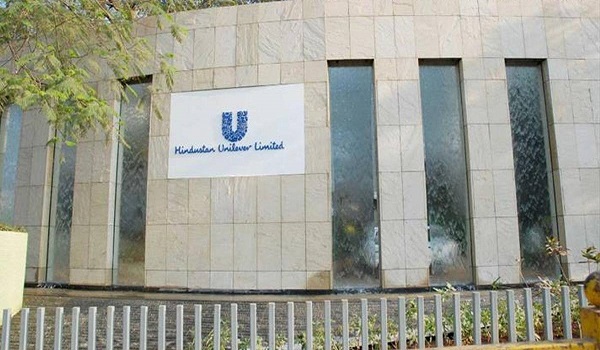Hindustan Unilever Limited (HUL) has announced plans to roll out “calibrated price increases” in response to inflation-driven surges in the costs of palm oil and tea, affecting the company’s profitability. In its Q3 FY2024 report, HUL recorded a 2% increase in sales to INR 153.2 billion (USD 1.8 billion) but a 4% drop in net profit to INR 26.1 billion (USD 310 million).
CEO Rohit Jawa noted the necessity of price adjustments, citing a 10% rise in palm oil costs and a significant 25% hike in tea prices over the past year. “Given that these increases are likely to persist, we’re adopting a strategy of gradual price increments,” said Jawa, adding that the company remains vigilant amid global market volatility.
The tea category, particularly mid-market brands such as 3 Roses, Taaza, and Red Label, is expected to bear the brunt of these increases, as they are more price-sensitive compared to premium brands like Lipton and Taj Mahal. According to CFO Ritesh Tiwari, HUL will gradually implement price changes starting in Q4 FY2024, adopting a cautious approach by raising prices in smaller increments to avoid excess inventory accumulation in distribution channels.
Alongside pricing adjustments, HUL is focusing on innovation in response to evolving consumer demand. The company has been expanding its portfolio in health-focused products, including a new zero-added-sugar variant of Horlicks Diabetes Plus, reflecting its commitment to the fast-growing adult nutrition market. The firm is also enhancing its offerings in the condiments and mini-meals segments, with recent launches such as Knorr’s spicy Korean Kimchi soup and plans to extend Hellmann’s mayonnaise to more rural and Tier 2 markets.
HUL has identified six priority categories for future growth: tea, coffee, nutrition drinks, mini-meals, condiments, and Unilever Food Solutions for B2B clients. Tiwari emphasized that these focus areas will drive the company’s strategy, positioning HUL to meet changing consumer needs in India’s evolving food and refreshment sector.


